Hurricane Ian: was the carnage in Florida avoidable?
Dozens of people were killed and millions were left without power when Hurricane Ian struck the state
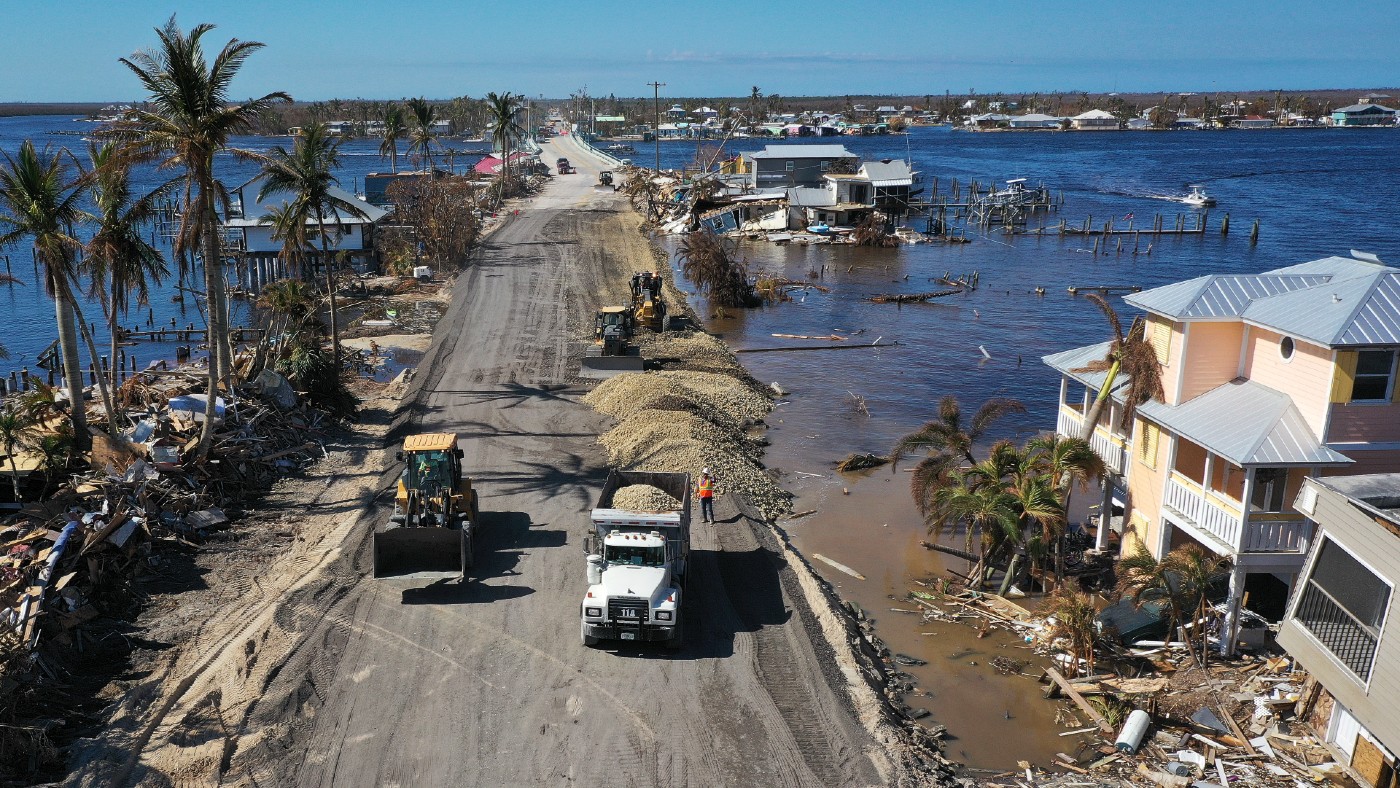
A free daily email with the biggest news stories of the day – and the best features from TheWeek.com
You are now subscribed
Your newsletter sign-up was successful
As a native Floridian, I’m no stranger to tropical storms, said Kathleen Parker in The Washington Post. I was there in 1960 for Hurricane Donna, which meteorologists consider “one of the all-time great hurricanes”. Being relatively new to the state and living quite far inland, my family assumed we could ride that tempest out. “The uninitiated always think it would be cool to ‘batten down the hatches’.” We discovered to our cost just how puny such defences are.
It was a harsh lesson that many Floridians experienced last week when Hurricane Ian struck the state, inundating the Gulf of Mexico coast with storm surges and lifting buildings off their foundations with winds of up to 155mph. Dozens of people were killed and millions were left without power.
Forecasters have fortunately made great strides when it comes to working out where hurricanes will go, said Benji Jones on Vox. “Storm track predictions that could only be made 24 hours in advance 20 years ago can now be issued 72 hours ahead.” The flipside, however, is that it has become harder to anticipate how strong storms will get.
The Week
Escape your echo chamber. Get the facts behind the news, plus analysis from multiple perspectives.

Sign up for The Week's Free Newsletters
From our morning news briefing to a weekly Good News Newsletter, get the best of The Week delivered directly to your inbox.
From our morning news briefing to a weekly Good News Newsletter, get the best of The Week delivered directly to your inbox.
‘Rapid intensification’
Global warming is thought to be contributing to what meteorologists call “rapid intensification”. Hurricane Ian’s wind speeds doubled in the 48 hours before it hit Florida. Last summer, when Hurricane Ida hit Louisiana, the storm jumped from Category 2 strength to Category 4, with winds reaching 150mph, in less than a day. The sudden speed-up leaves little time to organise evacuations.
The risk is made worse by another factor known as the “expanding bull’s eye”, said Simon Ducroquet in The Washington Post. The huge influx of people into Florida in recent years, and the accompanying development, mean the chance of a hurricane hitting built-up areas is far higher than it used to be.
The federal government has exacerbated this problem by encouraging people to put themselves in harm’s way, said Elizabeth Nolan Brown in Reason. Since the late 1960s, it has subsidised flood insurance, enabling millions of people to move to hurricane zones who might instead have been deterred by high premiums. Interrupting market forces has made such moves less financially risky for individuals, but much more costly for taxpayers, while discouraging development in other, less treacherous regions. It makes no sense to keep “subsidising houses in hurricane zones”.
A free daily email with the biggest news stories of the day – and the best features from TheWeek.com
-
 Local elections 2026: where are they and who is expected to win?
Local elections 2026: where are they and who is expected to win?The Explainer Labour is braced for heavy losses and U-turn on postponing some council elections hasn’t helped the party’s prospects
-
 6 of the world’s most accessible destinations
6 of the world’s most accessible destinationsThe Week Recommends Experience all of Berlin, Singapore and Sydney
-
 How the FCC’s ‘equal time’ rule works
How the FCC’s ‘equal time’ rule worksIn the Spotlight The law is at the heart of the Colbert-CBS conflict
-
 Why broken water companies are failing England and Wales
Why broken water companies are failing England and WalesThe Explainer With rising bills, deteriorating river health and a lack of investment, regulators face an uphill battle to stabilise the industry
-
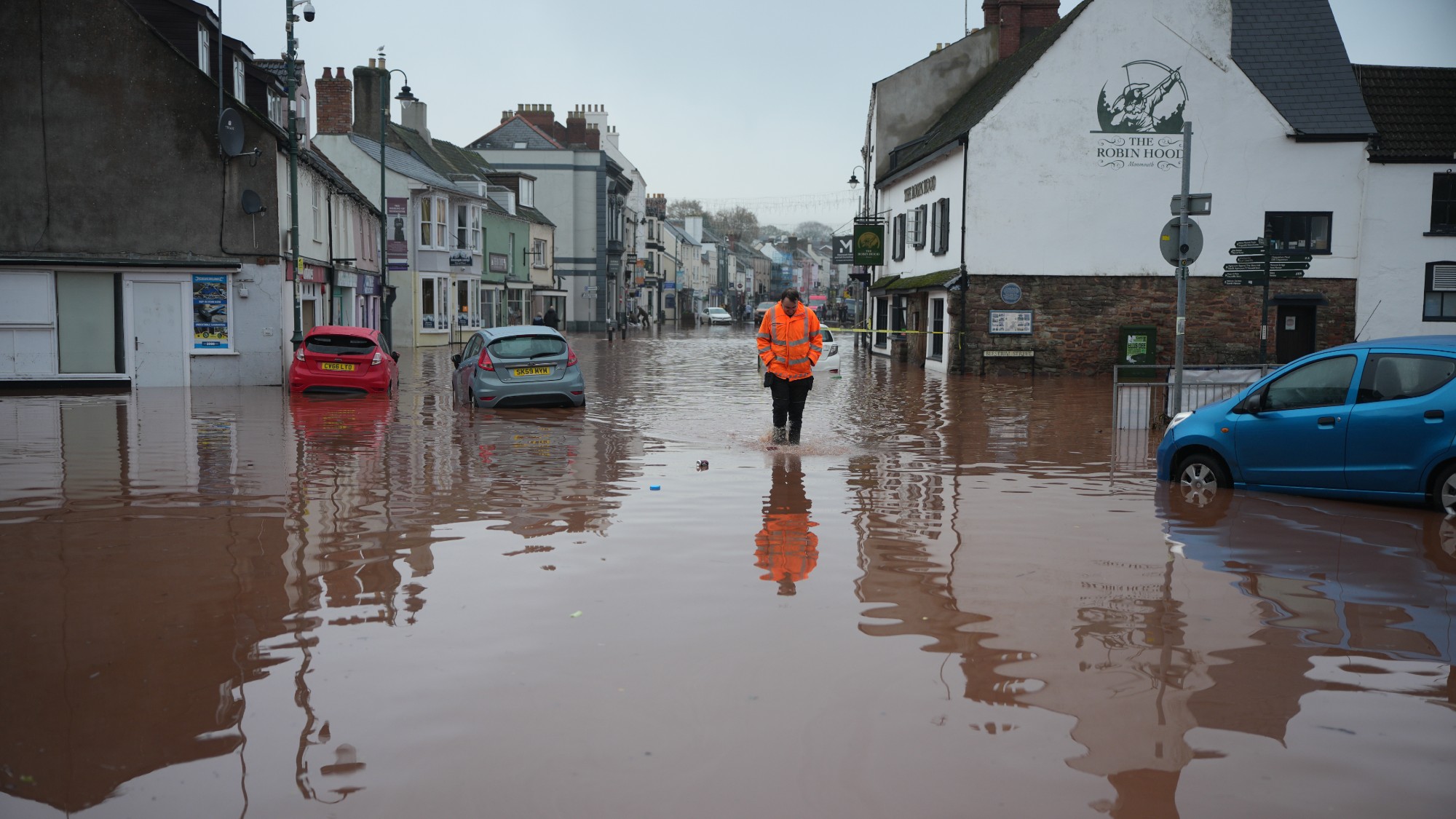 How will climate change affect the UK?
How will climate change affect the UK?The Explainer Met Office projections show the UK getting substantially warmer and wetter – with more extreme weather events
-
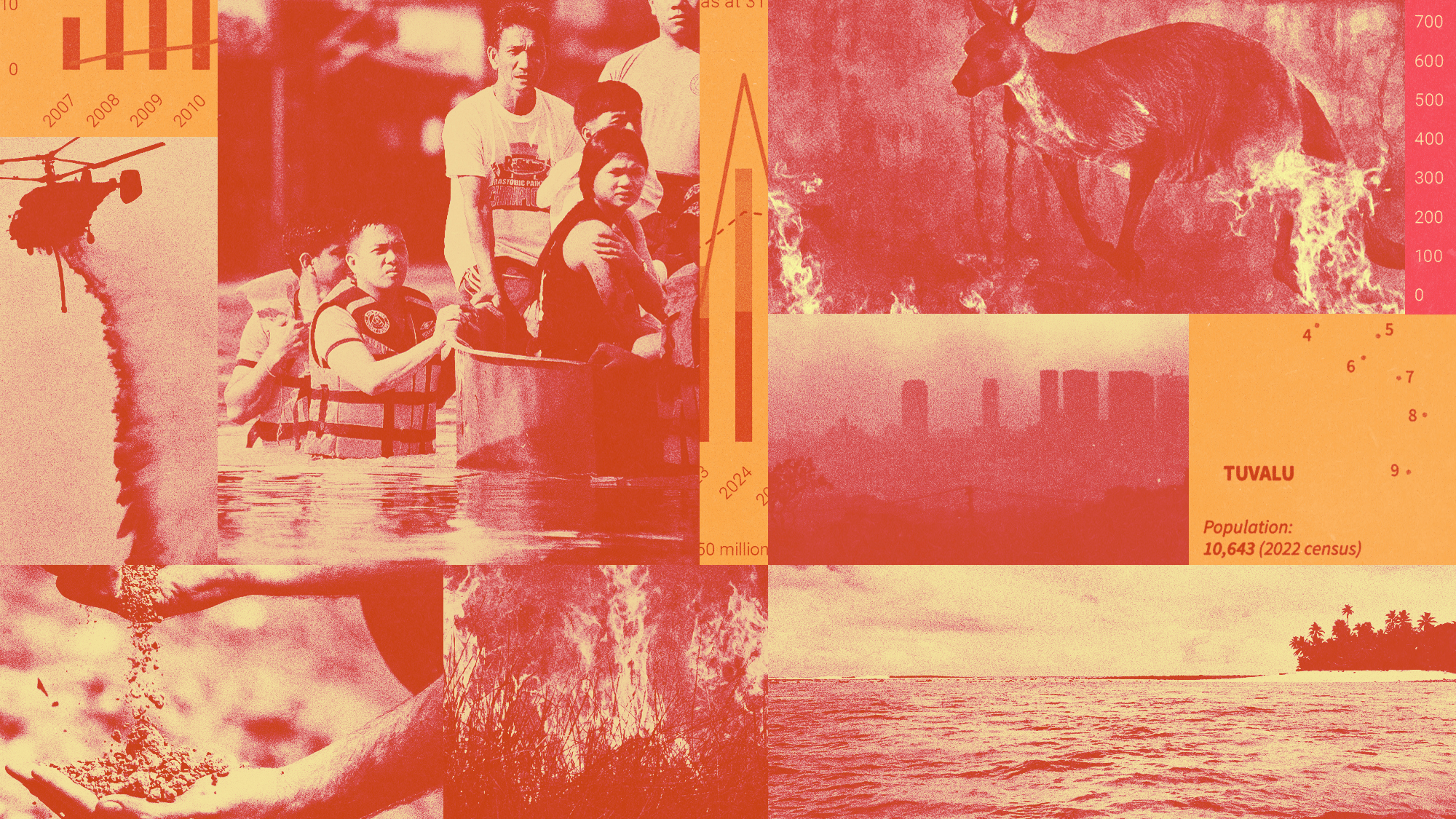 Can the world adapt to climate change?
Can the world adapt to climate change?Today's Big Question As the world gets hotter, COP30 leaders consider resilience efforts
-
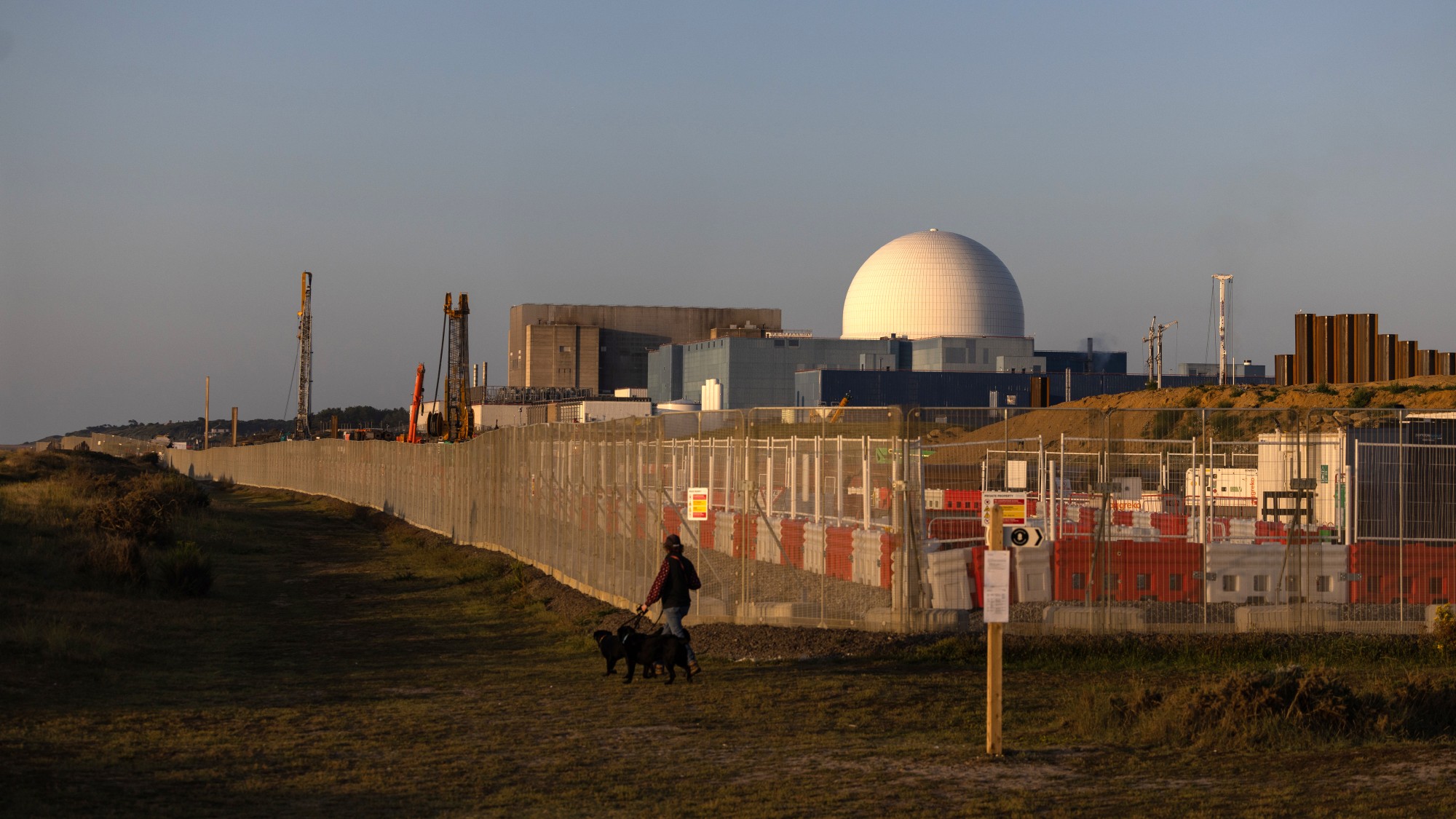 Are we entering a ‘golden age’ of nuclear power?
Are we entering a ‘golden age’ of nuclear power?The Explainer The government is promising to ‘fire up nuclear power’. Why, and how?
-
 When does autumn begin?
When does autumn begin?The Explainer The UK is experiencing a 'false autumn', as climate change shifts seasonal weather patterns
-
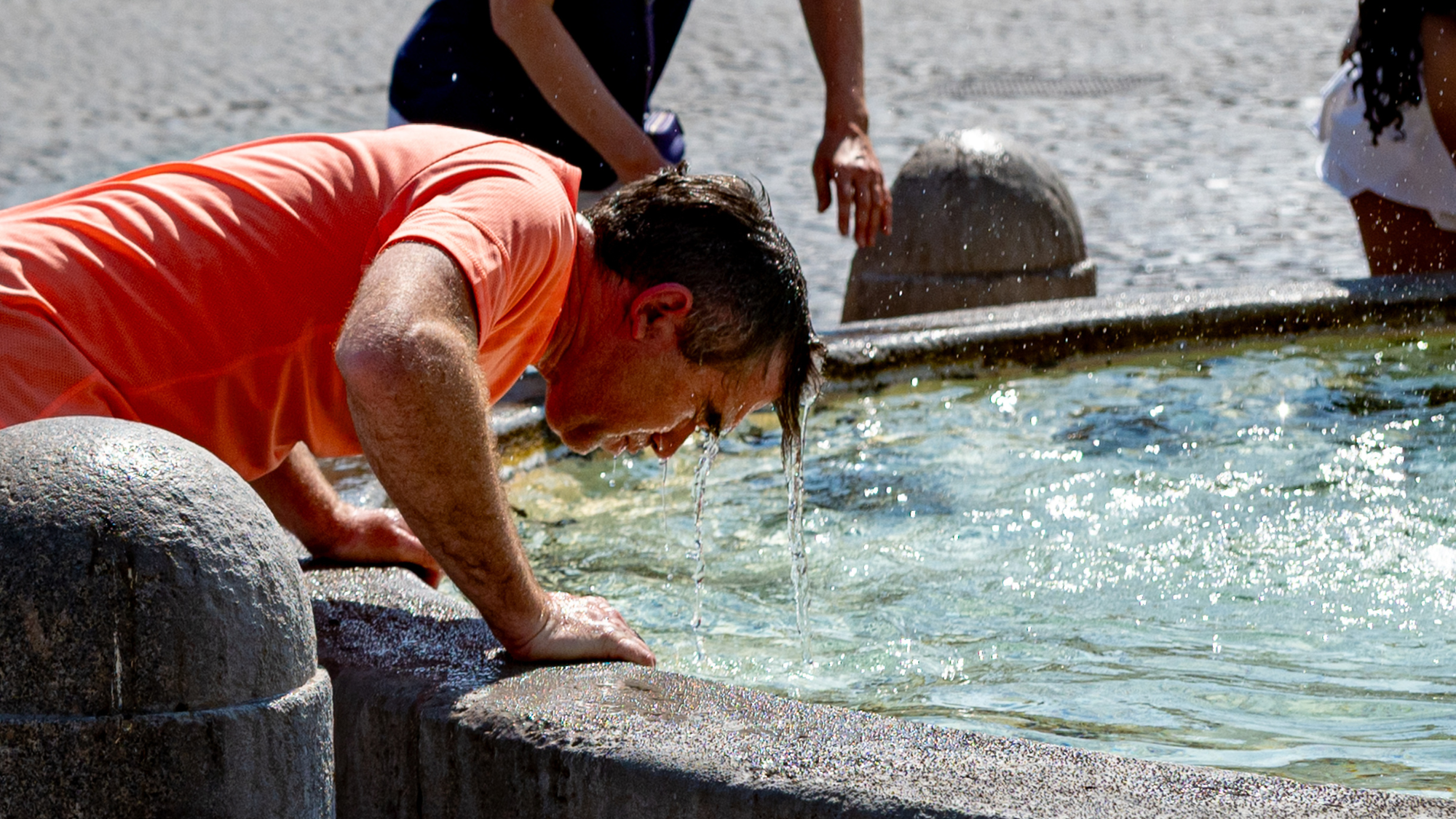 Europe's heatwave: the new front line of climate change
Europe's heatwave: the new front line of climate changeIn the Spotlight How will the continent adapt to 'bearing the brunt of climate change'?
-
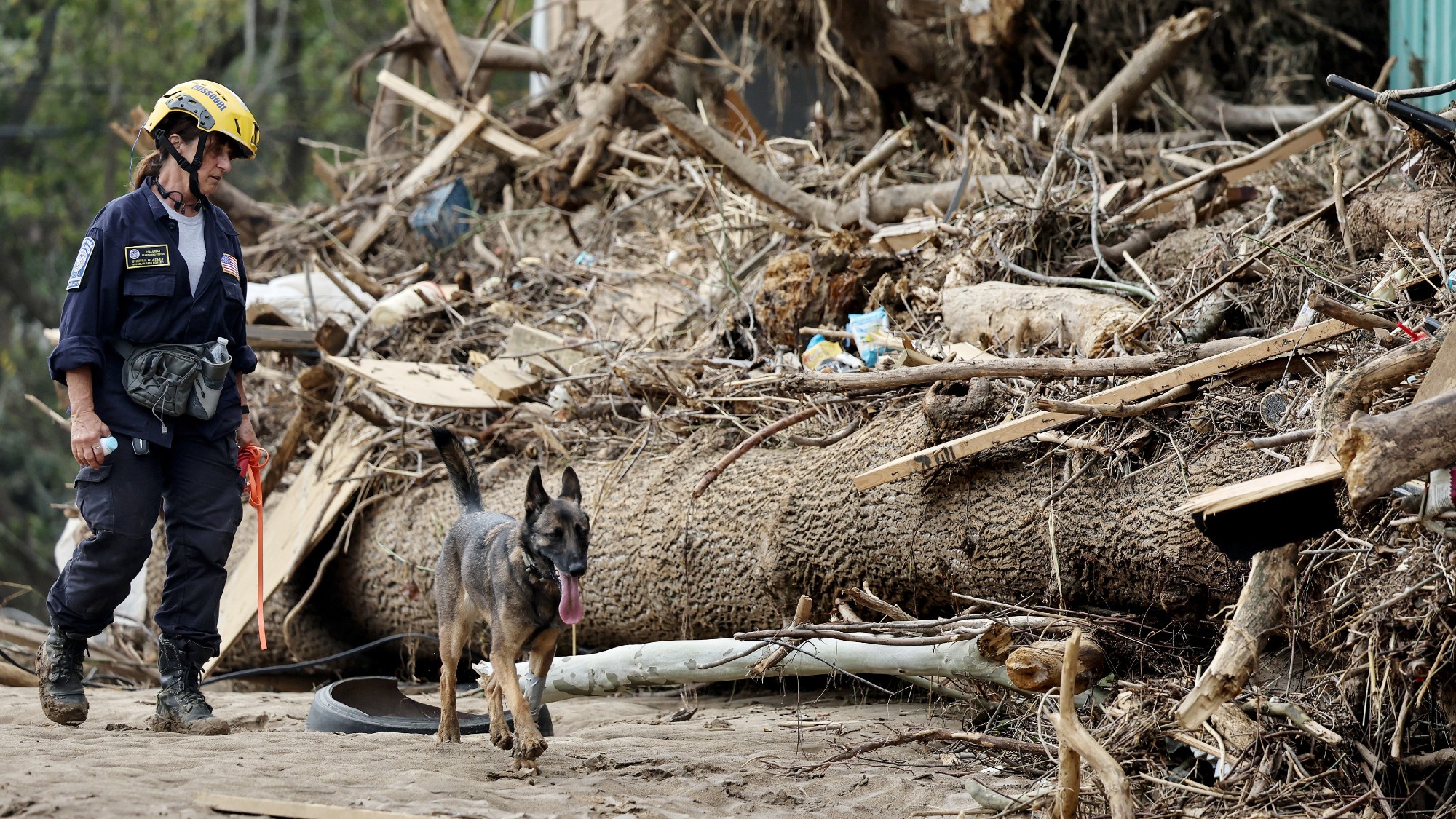 Storm warning: Will a shrunken FEMA and NOAA be able to respond?
Storm warning: Will a shrunken FEMA and NOAA be able to respond?Feature The U.S. is headed for an intense hurricane season. Will a shrunken FEMA and NOAA be able to respond?
-
 Seven wild discoveries about animals in 2025
Seven wild discoveries about animals in 2025In depth Mice have Good Samaritan tendencies and gulls work in gangs